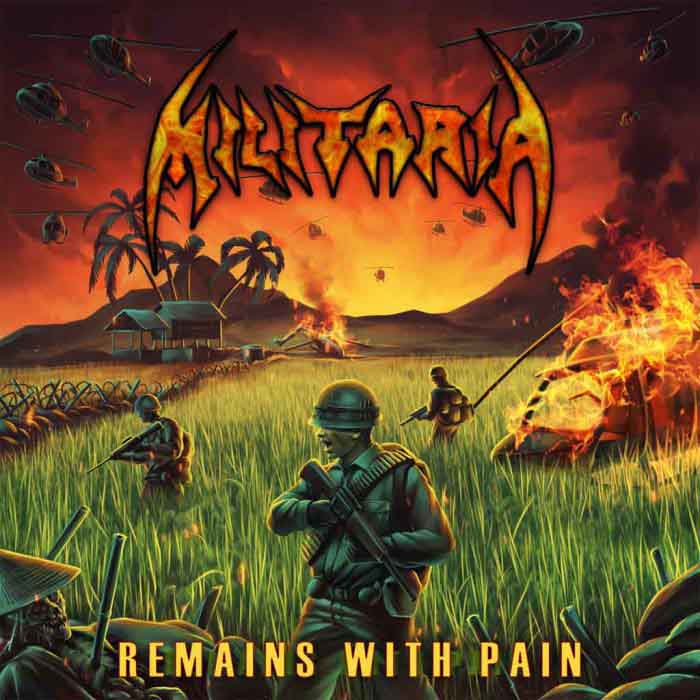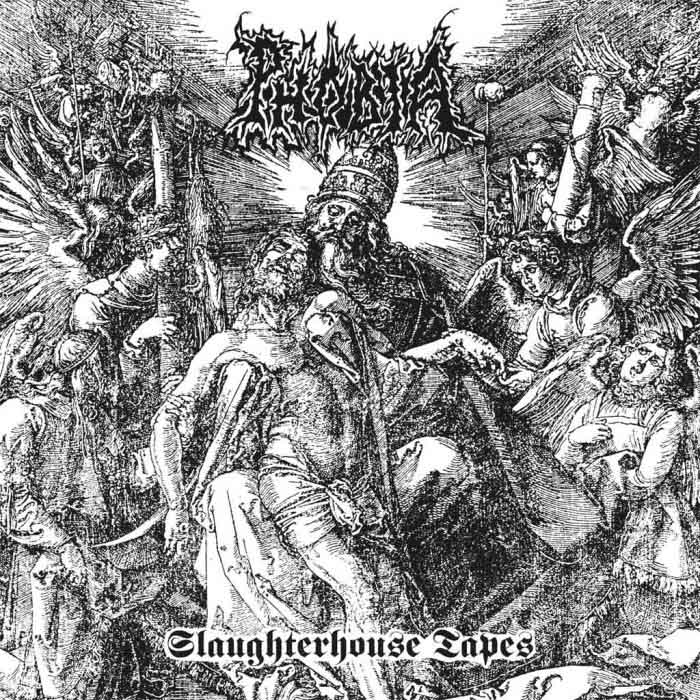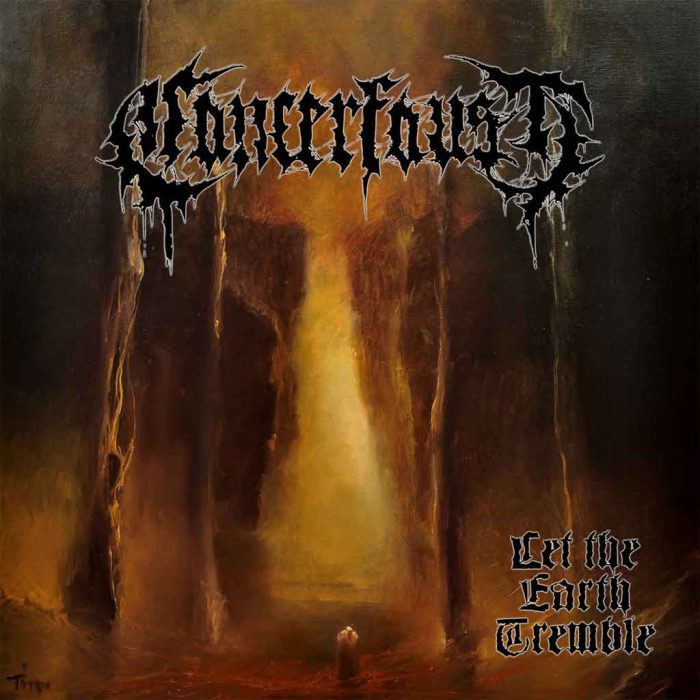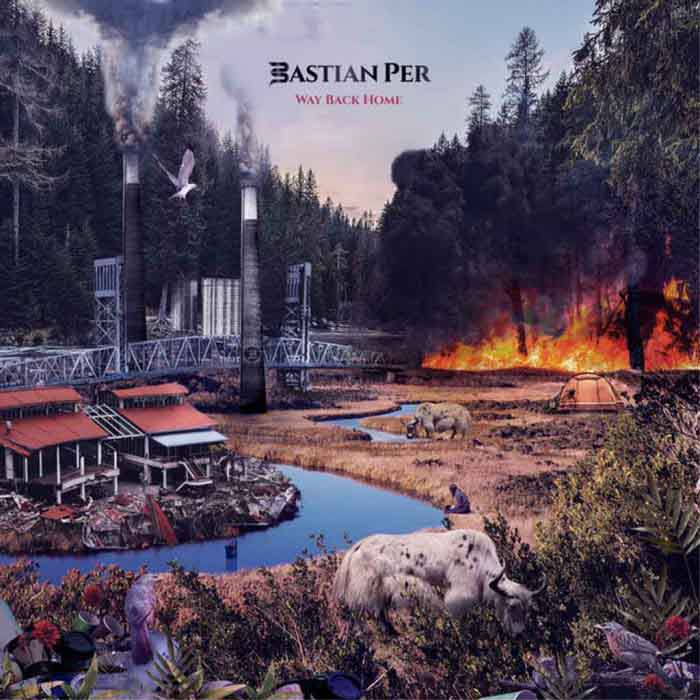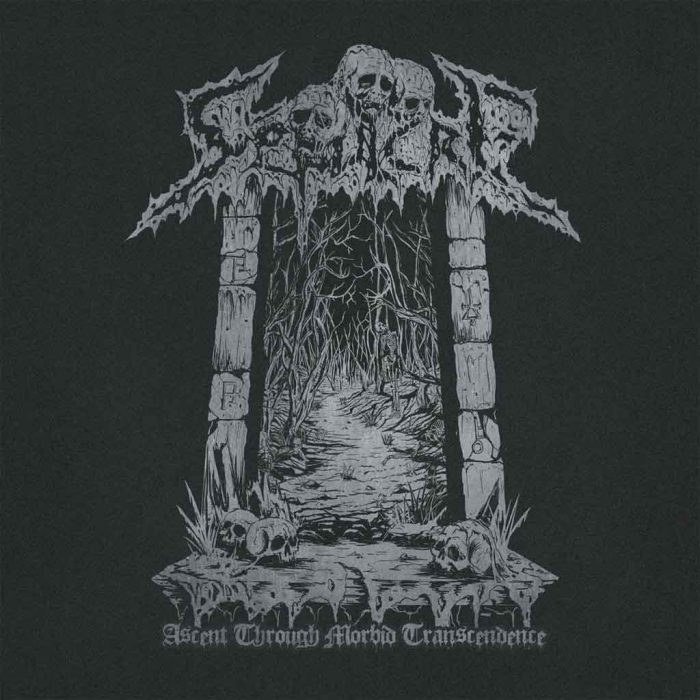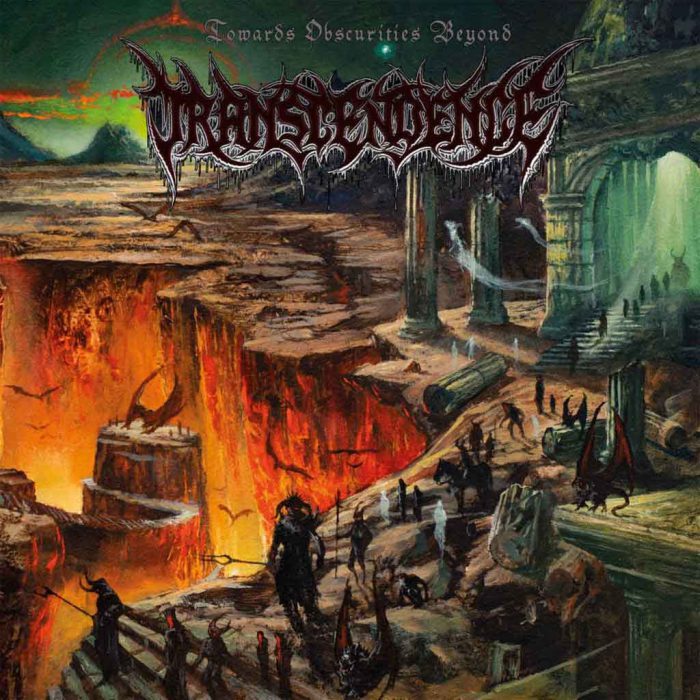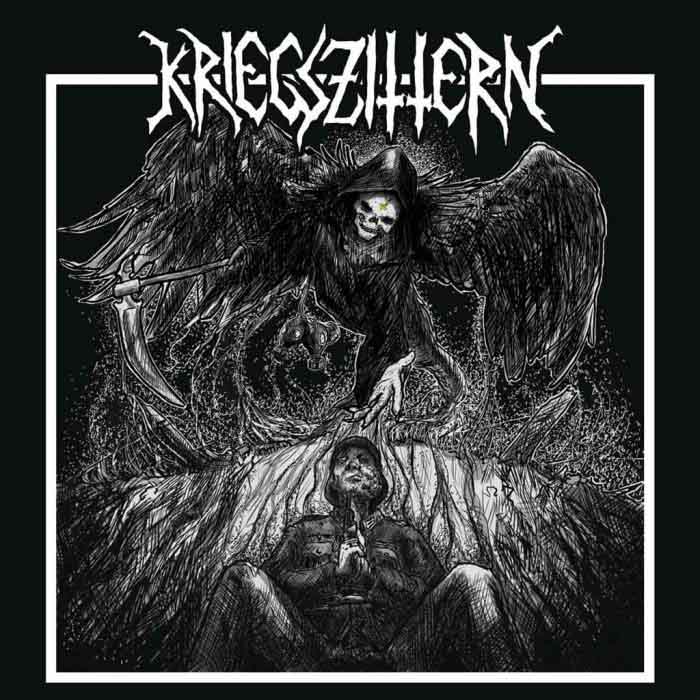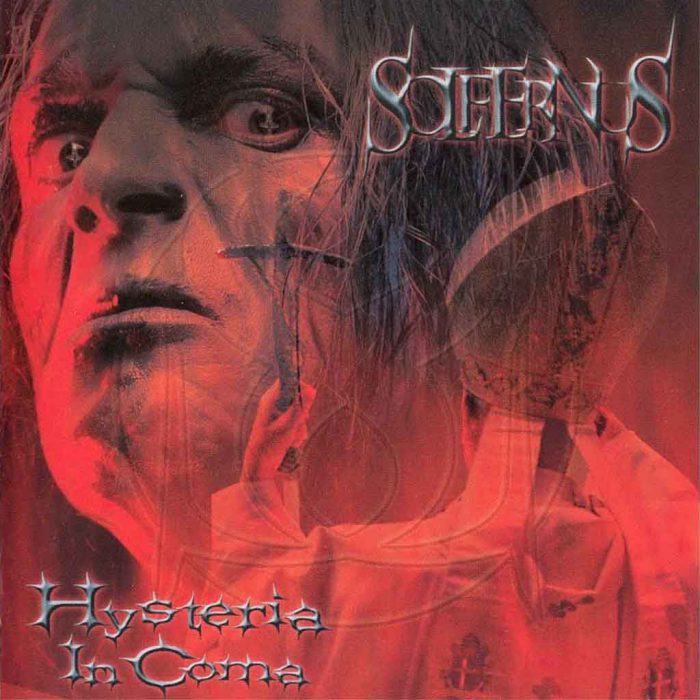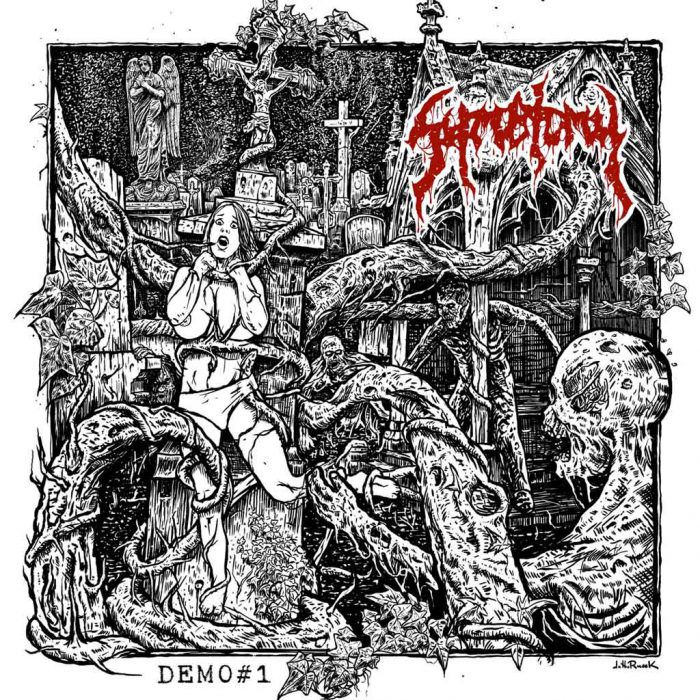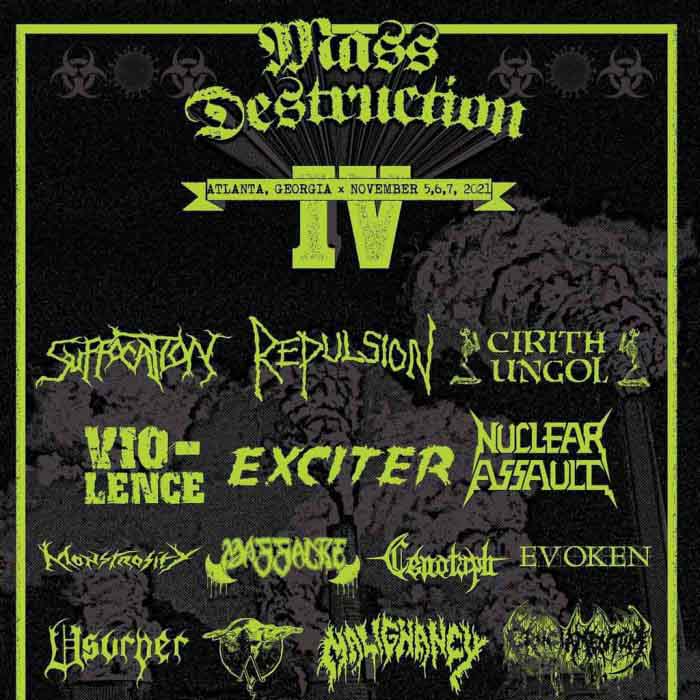Maybe you wish that Sodom had kept cranking those nice mature metal albums like M16 that had less emotion, but also more focus, so you could follow one ripping tune after another, and maybe recruited the guys from Vader to execute this vision. Militaria steps into this void.
4 CommentsTags: militaria, Speed Metal
